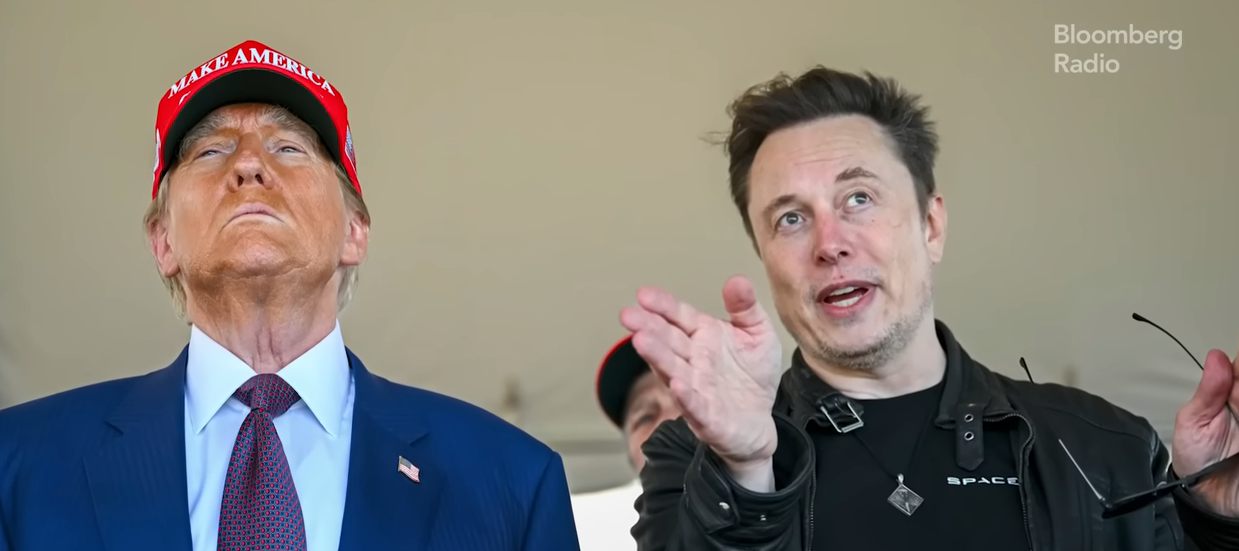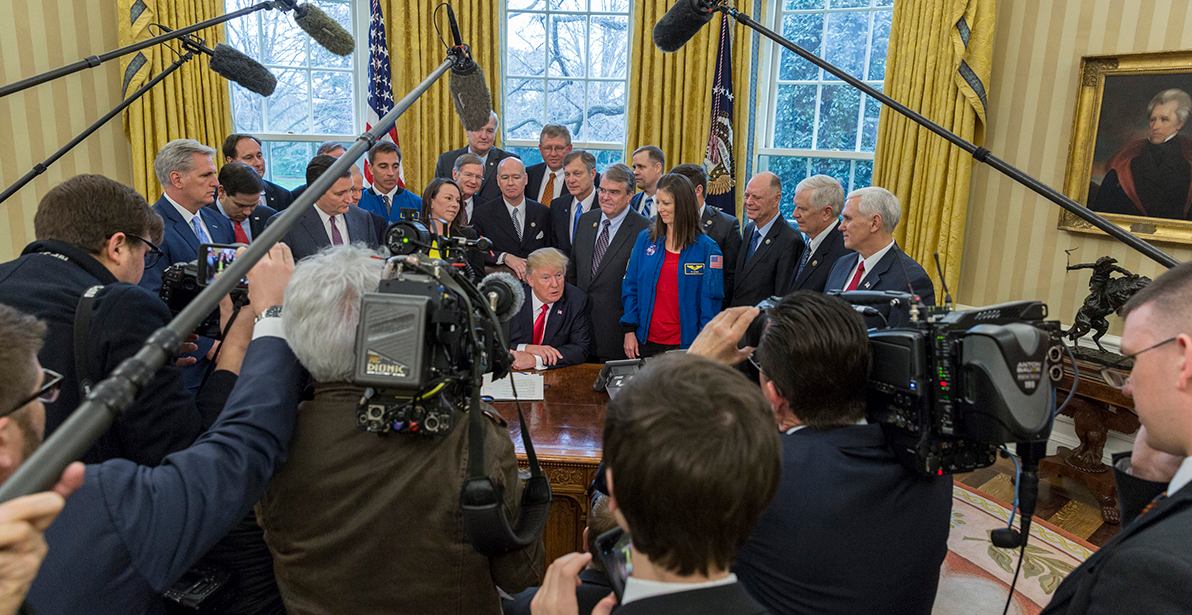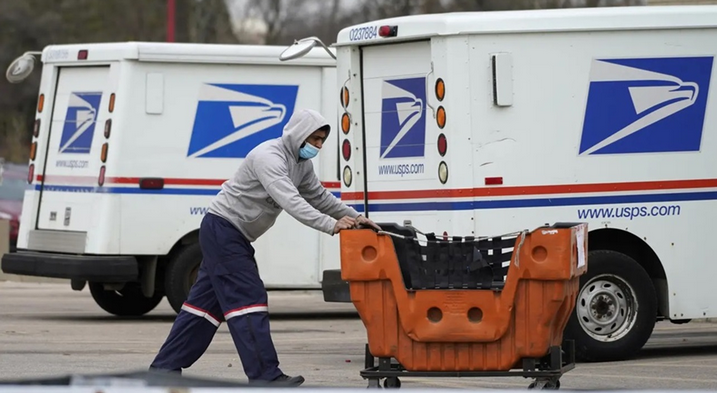Photo: YouTube
In a 2018 Johns Hopkins University survey, more than 80 percent of respondents couldn’t name their state legislators. One-third didn’t know who their governor was. About the same proportion couldn’t remember who they voted for in down-ballot state races.
In other words, Americans spent little time thinking about state government.
The intrinsically partisan nature of the state secretary of state job has occasionally brought some officeholders to national attention. Katherine Harris co-chaired George W. Bush’s Florida campaign in 2000, then played a key role in the recount (and was even portrayed by Joan Cusack on television!). Brian Kemp of Georgia drew criticism when he oversaw his own election to the governorship, supervising voter-roll purges that disproportionately affected Black voters. Savvy insiders knew these were important jobs.
After the 2020 election, everyone knew. Donald Trump’s postelection demand to “find 11,780 votes, which is one more than we have, ” practically made Georgia Secretary of State Brad Raffensperger into a household name. By transforming a historically nonpartisan ministerial duty — the certification of election results — into a partisan high-wire act, Trump instantly made state secretary of state a high-profile post.
A new monthly series of Brennan Center reports confirms that the stakes have been raised in races to oversee state elections. My colleague Ian Vandewalker found that across key battleground states, “contributions are three times higher than they were at this point in the 2018 cycle and eight times higher than 2014.* The numbers are particularly high in Arizona, Georgia, and Michigan.”
Arizona Republican Mark Finchem already boasts six times as many donors as every candidate in the 2018 election combined. (He’s also retailed QAnon conspiracy theories, according to CNN.)
Notably, funds are flowing not just from dark money sources and big donors. These races now attract donations from across the country. Two-thirds of Finchem’s donors live outside of Arizona. The two leading fundraisers in the Georgia secretary of state race have already collected more out-of-state money than the combined total of all candidates in the 2018 election.
As an advocate for a robust participatory democracy, I think it’s great that so many people are interested in down-ballot state elections. I am, however, concerned about the reason for this interest — it’s clear that the Big Lie is driving these donations. Finchem has built his candidacy around a promise to “decertify three 2020 county elections, ” and in Michigan, Kristina Karamo has said voting machines in the state could have flipped 200,000 votes to Joe Biden. For their part, Democrats are raising huge sums by arguing that their opponents represent a mortal threat to democracy. For example, Reginald Bolding, one of Finchem’s opponents, ran an ad warning, “The fate of our democracy is on the line right now.”
Their traditionally low profile notwithstanding, secretaries of state wield significant power over our elections. They oversee voter registration, maintain voter databases, and manage elections themselves. The latest Brennan Center report paints a worrying picture of an increasingly partisan approach to this work. Election administration decisions should be based on solid evidence and clear standards, not speculation, fear-mongering, or outright lies.
[*An earlier version of this sentence stated that contributions during this cycle are almost eight times higher than in 2014. New data received after publication brings the total to more than eight times higher.]
By Michael Waldman\Brennan Center





